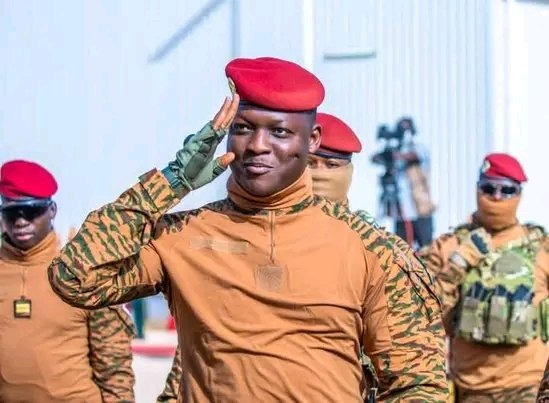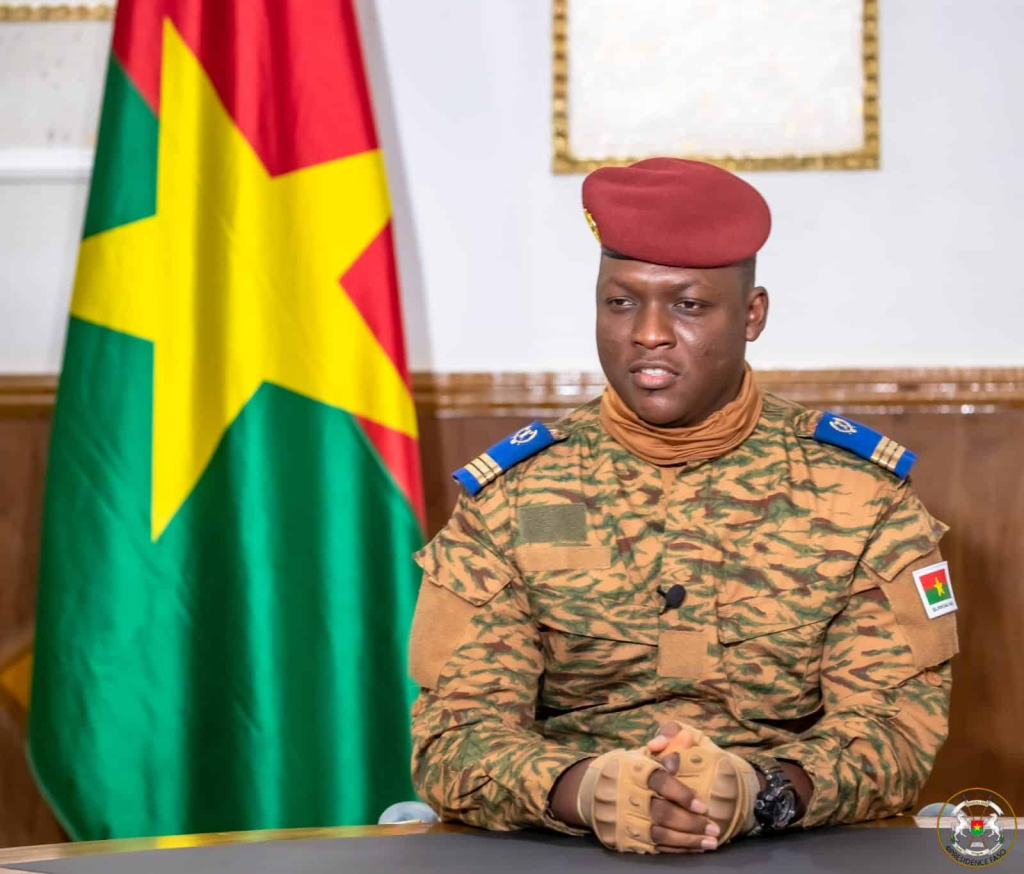In a move that underscores growing geopolitical tensions in West Africa, Russia has reportedly dispatched elite special forces to Burkina Faso. These troops, trained with unique and advanced military skills, are said to have received direct orders from President Vladimir Putin to ensure the protection of Burkina Faso’s presidency and, in particular, to safeguard Captain Ibrahim Traoré, the country’s transitional leader.

This strategic deployment comes at a time when reports suggest that Western powers, under the leadership of France, have convened in neighboring Côte d’Ivoire (Ivory Coast) to discuss possible military action against Burkina Faso. Allegedly, these nations are accusing Captain Traoré of exploiting the country’s gold reserves for personal enrichment rather than for national development.
The involvement of Russia in Burkina Faso is part of a broader pattern seen across the Sahel region, where countries like Mali and Niger have also turned away from traditional Western alliances in favor of new partnerships, notably with Russia. Many observers interpret these shifts as part of an ongoing struggle between old colonial powers and emerging global players seeking influence in resource-rich but politically unstable regions.
Captain Ibrahim Traoré, who came to power through a military takeover in 2022, has presented himself as a defender of national sovereignty and a strong opponent of foreign interference. His government has taken several steps to reduce French military presence and has voiced support for regional integration among military-led governments in the Sahel. The arrival of Russian forces may therefore be seen both as a protective measure and a political statement of Burkina Faso’s shifting alliances.

Critics, particularly from Western governments and media, claim that the presence of Russian forces could destabilize the region further. They argue that such partnerships may not lead to the democratic reforms and economic transparency needed for long-term peace. However, supporters within Burkina Faso and elsewhere argue that traditional Western support has failed to deliver security or economic stability, and a new approach is necessary.
The accusations of gold exploitation remain contested. While some sources claim that large quantities of Burkina Faso’s gold have been diverted to benefit a few individuals in power, others argue that such narratives are part of a broader strategy to justify foreign intervention and discredit leaders like Captain Traoré, who challenge Western dominance.
As the situation continues to evolve, one thing remains clear: Burkina Faso has become a focal point in the power struggle between East and West, between old alliances and new partnerships. The coming months will reveal whether this bold move by Russia will stabilize the country or further escalate regional tensions.